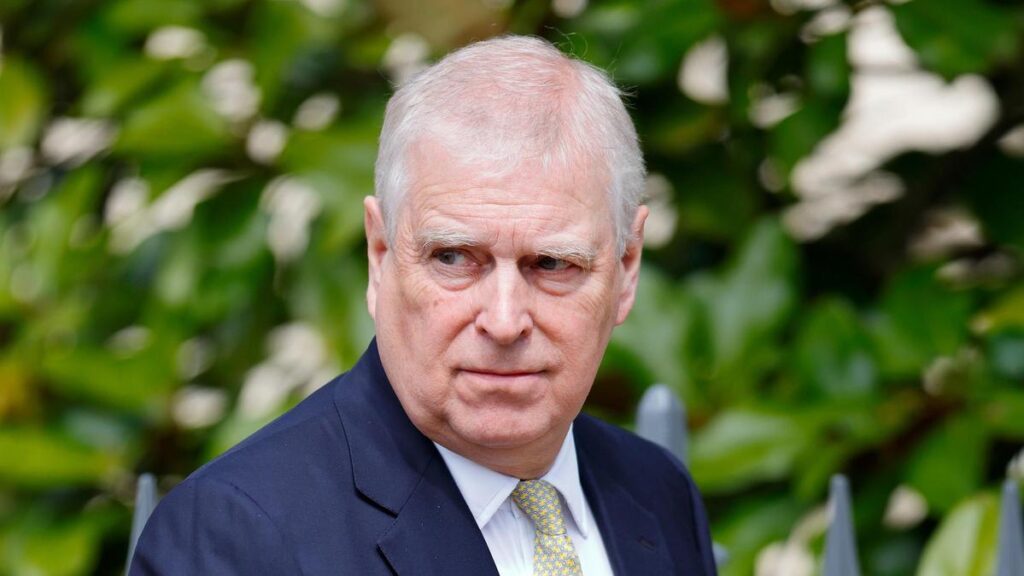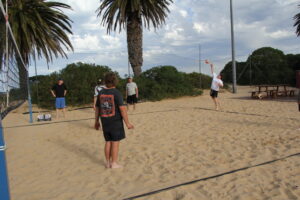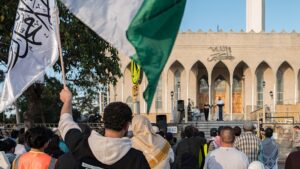
Prince Andrew, the younger brother of King Charles III, has been stripped of his royal title and evicted from his residence, marking a significant fall from grace for a member of the British royal family. This decision, announced by Buckingham Palace on Thursday, is part of a formal process to remove his royal style, title, and honours. From now on, he will be known as Andrew Mountbatten Windsor, adopting the family name of the House of Windsor.
The announcement coincides with intensified scrutiny surrounding Andrew’s connections to convicted sex offender Jeffrey Epstein. Andrew has faced allegations of sexual abuse linked to Virginia Roberts Giuffre, who claims that she was trafficked to him by Epstein when she was only 17. Despite denying the allegations, Andrew’s situation has become increasingly untenable as new revelations emerge. Giuffre, who previously settled with Andrew in 2022 without him admitting wrongdoing, tragically took her own life in April 2024.
Eviction and Title Removal
The palace’s statement confirmed that Andrew will vacate Royal Lodge, a lavish 30-room residence near Windsor Castle. Until now, he paid a nominal annual rent, which had afforded him some legal protections regarding his stay. The formal notice to surrender the lease has been served, and he will relocate to alternative private accommodation. The palace emphasized that these measures were necessary despite Andrew’s ongoing denials of the allegations against him.
“Their Majesties wish to make clear that their thoughts and utmost sympathies have been, and will remain, with the victims and survivors of any and all forms of abuse,” the statement read.
This latest move follows Andrew’s recent decision to relinquish the title of Duke of York and other honours, acknowledging that the persistent allegations against him were distracting from the royal family’s work. The backlash intensified after emails surfaced in October 2023, suggesting that Andrew had maintained contact with Epstein, contradicting his previous claims of severing ties.
Public Reaction and Future Implications
The public’s dissatisfaction with Andrew has become increasingly apparent, culminating in a recent incident where King Charles III was heckled by a protester during a public engagement. The protester questioned the King about his brother’s connections to Epstein, reflecting a broader sentiment of frustration towards Andrew’s actions and their implications for the monarchy.
Notably, this situation is reminiscent of the abrupt departure of King Edward VIII in 1936, who abdicated to marry Wallis Simpson. Palace officials have indicated that the decision to act against Andrew was made by the King himself, in light of his brother’s serious lapses in judgement.
Looking ahead, Andrew is expected to reside on the grounds of Sandringham, a royal estate in Norfolk, personally owned by the King. Despite living near the royal family, he will not be invited to join their gatherings, including the traditional Christmas celebrations.
The Epstein scandal has overshadowed Andrew for over a decade, exacerbated by a disastrous BBC interview in 2019 that forced him to step back from public duties. The ongoing fallout from this situation continues to impact the royal family, raising questions about accountability and the future of the monarchy.







